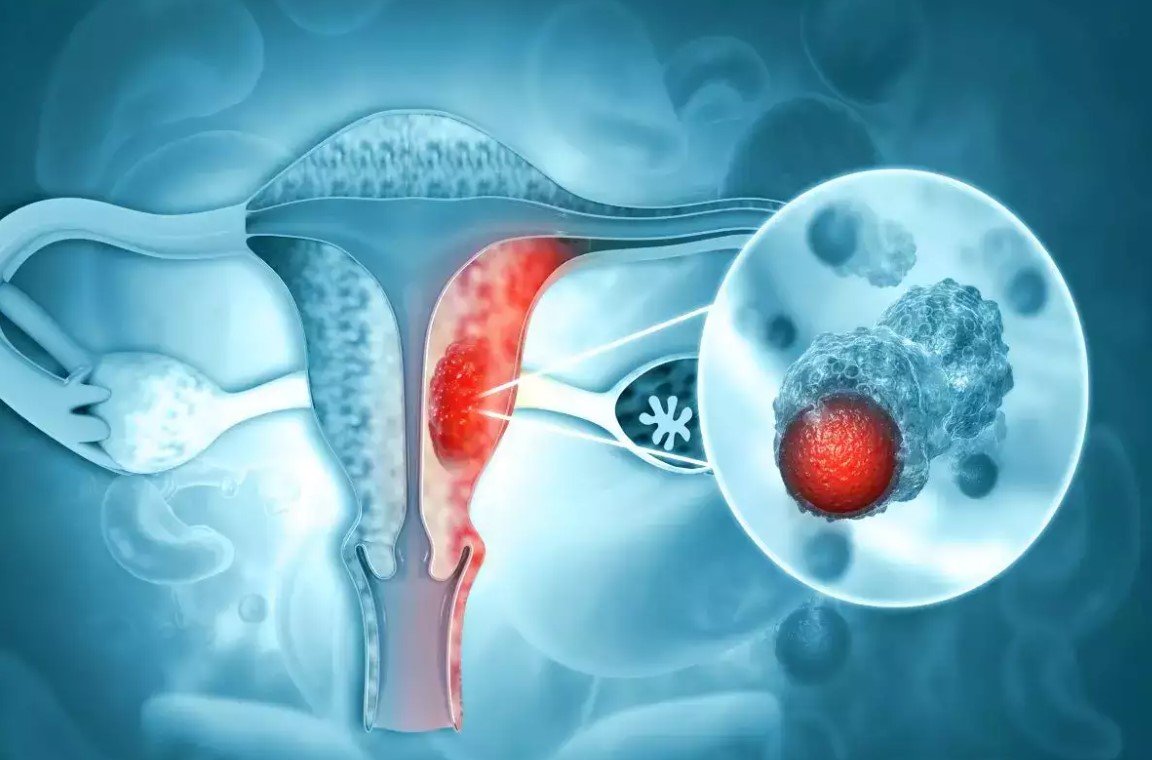Gynaecological cancers are those that affect the female reproductive system, including the cervix, uterus, fallopian tubes, vagina, ovaries, and vulva. Each type of gynaecological cancer has its own characteristics and may require specific treatment approaches.
Cervical Cancer
Cervical cancer originates in the cells of the cervix and is primarily linked to the human papillomavirus (HPV), a sexually transmitted infection. Common symptoms include abnormal vaginal bleeding, discomfort during sexual intercourse, and unusual discharge with an unpleasant odor. Regular screenings, such as Pap tests, are crucial for detecting cervical abnormalities early.
Uterine Cancer
Also known as endometrial cancer, uterine cancer affects the lining of the uterus. Symptoms often present as abnormal vaginal bleeding—particularly after menopause or between periods—as well as pelvic pain, discomfort during sex, and unusual vaginal discharge.
Ovarian Cancer
Ovarian cancer develops in the ovaries and is often termed the “silent killer” due to its subtle and late-onset symptoms. Signs may include abdominal bloating, pelvic pain, increased abdominal size, and decreased appetite. Early detection can be challenging, making awareness of these symptoms essential.
Vulvar Cancer
Vulvar cancer, although rare, affects the external genital area. Symptoms may manifest as itching, burning sensations, or bleeding in the genital region. Women should seek medical advice if they notice any unusual lumps or growths on the vulva.
Vaginal Cancer
This uncommon cancer type develops in the vagina and may present symptoms such as abnormal vaginal bleeding, unusual discharge, pain during intercourse, or the presence of a mass. Regular pelvic exams and prompt reporting of unusual symptoms to a healthcare provider are vital for early detection.
Conclusion
Gynaecological cancers are significant health concerns that warrant awareness and proactive measures. Regular gynaecological exams, Pap tests, and open communication with your doctor about any unusual symptoms can lead to early detection and better outcomes. If you have concerns about your gynaecological health, don’t hesitate to consult a specialist.
Dr. Shweta Mendiratta specializes in managing gynaecological cancers and is dedicated to supporting you throughout your cancer journey. We’re here to help you every step of the way.





